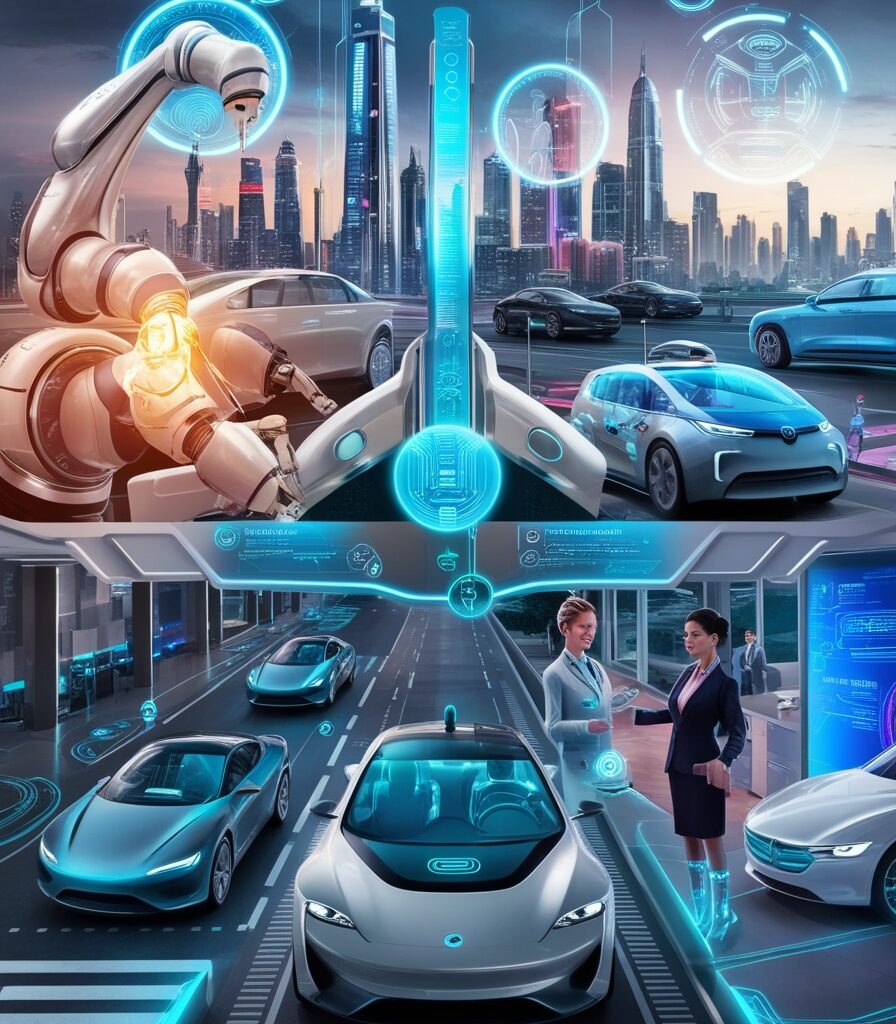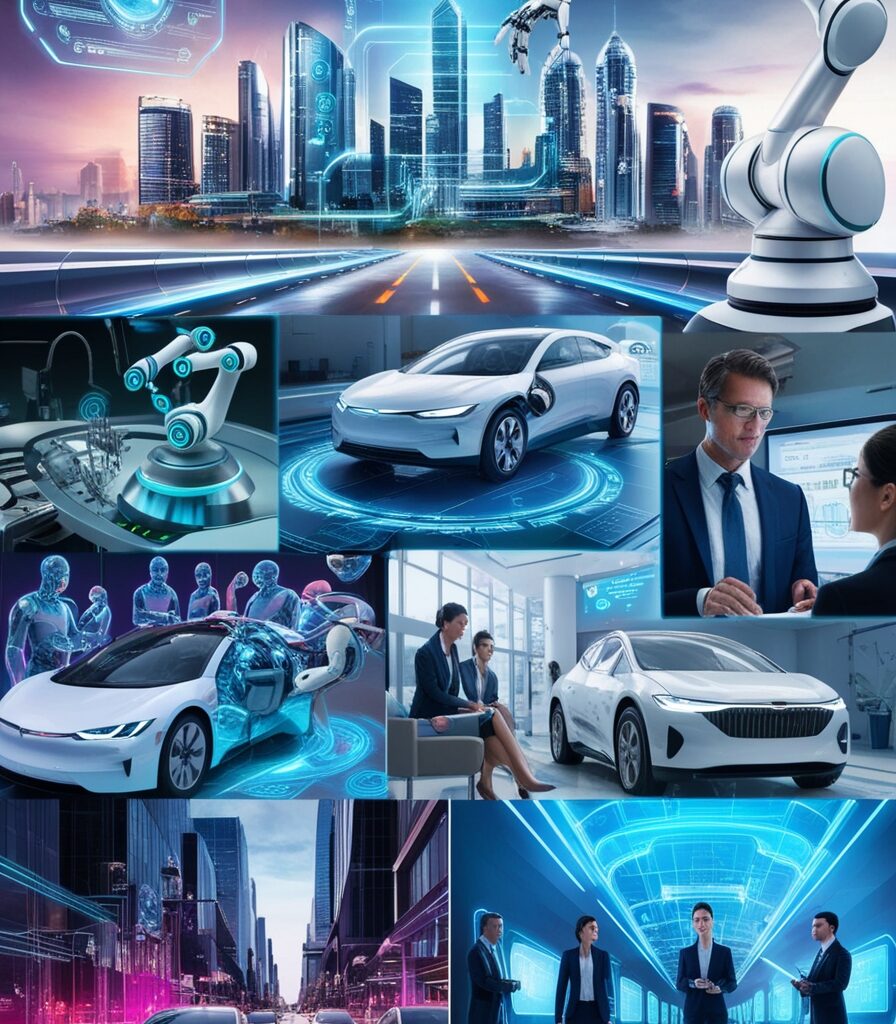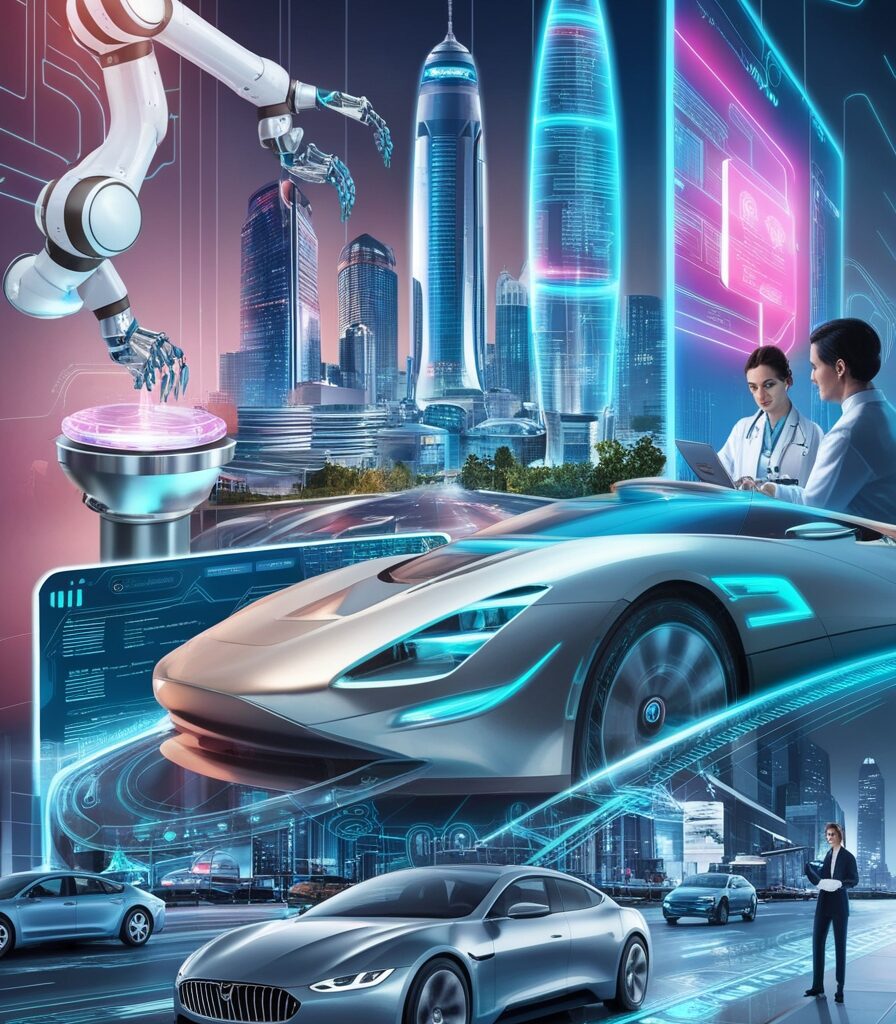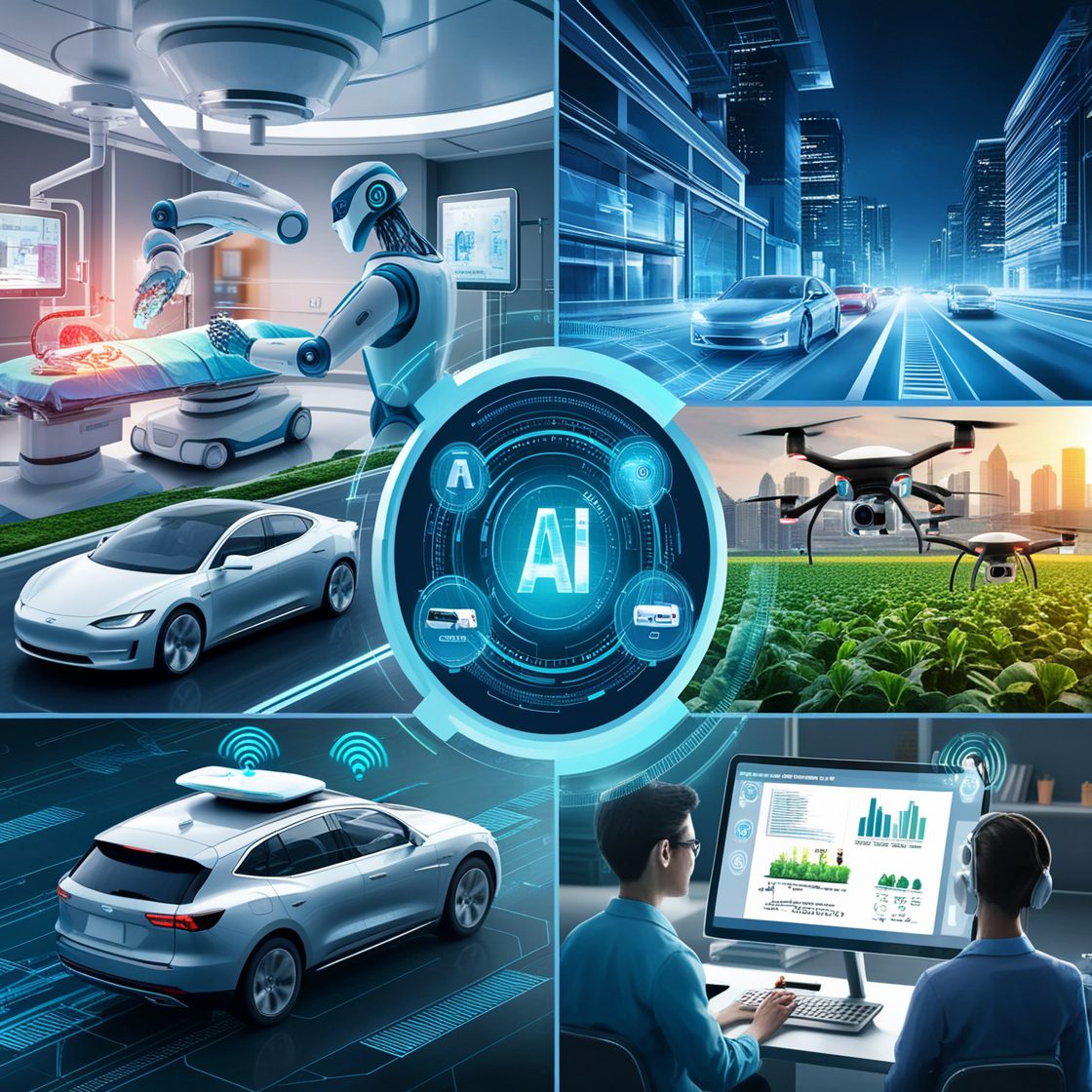Revolutionizing the Modern World

Artificial Intelligence (AI) is rapidly transforming industries and reshaping how we interact with technology. From autonomous vehicles to advanced machine learning algorithms, AI is driving the next wave of innovation. As we continue to explore the possibilities of AI technology, it’s clear that it has the potential to revolutionize many aspects of our daily lives. In this blog post, we will explore the key areas where AI is making significant strides and how these advancements are shaping the future.
1. AI in Healthcare
AI technology is revolutionizing healthcare by enabling more accurate diagnoses, personalized treatment plans, and improved patient care. Machine learning algorithms can analyze vast amounts of data to detect patterns, predict outcomes, and recommend treatments that would be difficult for humans to identify. AI is also being used in medical imaging, drug discovery, and even robotic surgery, reducing the risk of human error and enhancing the precision of medical procedures.
For example, AI-powered tools can assist doctors in early detection of diseases like cancer by analyzing medical images faster and more accurately than traditional methods. This leads to quicker diagnoses and more effective treatment options, ultimately saving lives.

2. AI in Business and Finance
In the business world, AI is streamlining operations and making companies more efficient. From automating routine tasks to providing insights through data analysis, AI is helping businesses save time, reduce costs, and make better decisions. Chatbots, powered by AI, are enhancing customer service by providing instant responses to queries, improving the overall customer experience.
In finance, AI is transforming the industry through predictive analytics and algorithmic trading. Financial institutions are using AI to assess risk, detect fraud, and optimize investment portfolios. This level of automation and insight is enabling companies to stay competitive in a fast-paced market.
3. AI in Education
AI is also making its mark in the education sector, offering personalized learning experiences for students. AI-driven platforms can analyze a student’s learning patterns, strengths, and weaknesses, and provide tailored content to suit their needs. This helps students learn at their own pace, ensuring a more efficient and effective education process.
Furthermore, AI-powered virtual tutors are becoming increasingly common, offering students around-the-clock assistance. These tools are not only making education more accessible but also more interactive and engaging.

4. AI in Autonomous Vehicles
Self-driving cars are one of the most talked-about applications of AI technology. Companies like Tesla, Google, and Uber are heavily investing in autonomous vehicle development, and it’s only a matter of time before these vehicles become a common sight on our roads.
AI algorithms power the sensors and cameras that allow these vehicles to navigate traffic, recognize obstacles, and make split-second decisions to ensure passenger safety. Autonomous vehicles have the potential to reduce traffic accidents, lower emissions, and provide more efficient transportation solutions.
5. AI and Ethics: A Growing Concern
As AI continues to advance, ethical concerns around its use are becoming more prominent. Issues such as data privacy, job displacement, and algorithmic bias must be addressed to ensure that AI is used responsibly and fairly. Governments, organizations, and AI developers must collaborate to create ethical guidelines and regulations that promote transparency, accountability, and the safe use of AI technology.
Conclusion
AI technology is evolving at an unprecedented pace, with applications spanning across various industries. Whether it’s improving healthcare outcomes, enhancing business efficiency, or creating new transportation solutions, AI is transforming the way we live and work. However, as we continue to embrace this technology, it is essential to remain mindful of the ethical implications and strive for a future where AI benefits all of humanity.
The future of AI technology is bright, and its impact will be felt for generations to come. How we shape that future will depend on how we choose to harness the power of AI in the years ahead.










